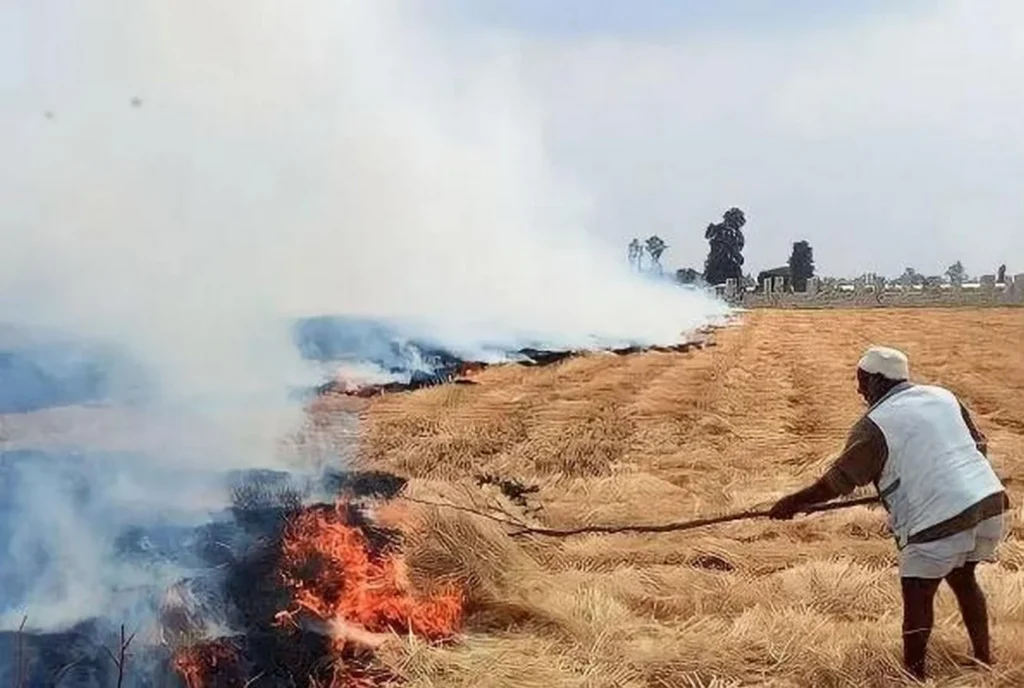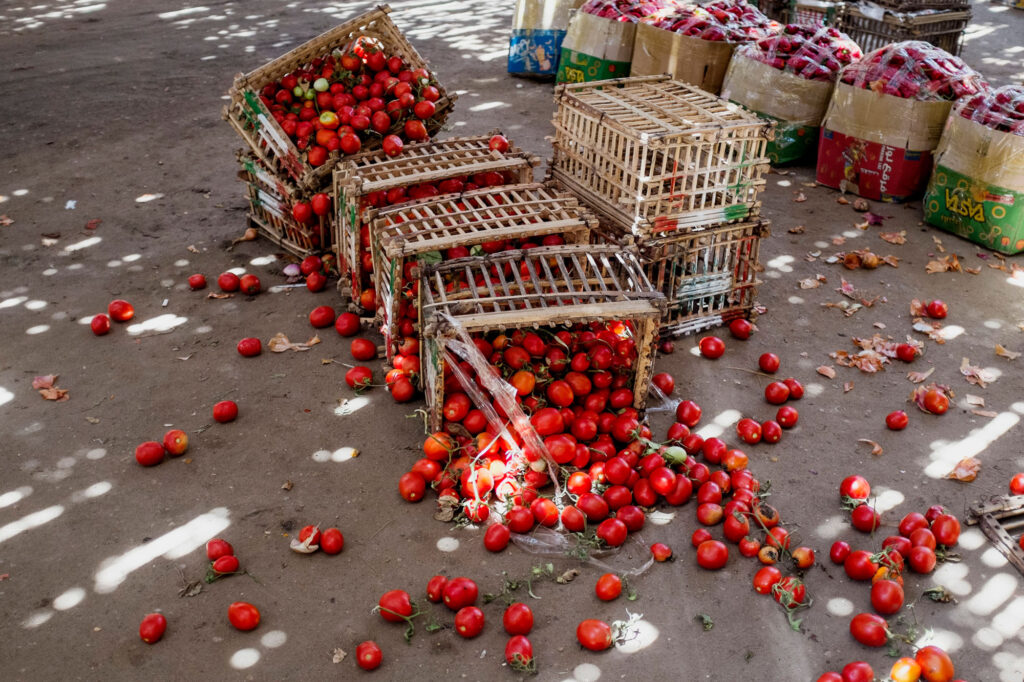Food & Climate
Reducing resource waste and reusing waste are of paramount importance for protecting the environment in general and ensuring better food production, which is the foundation of the circular economy vision. Furthermore, global population growth requires ensuring not only the availability of quality, but also sufficient quantity to feed everyone, a UNIDO official told “Food & Climate” platform.
Jerome Stucki, the unit chief, circular economy and resource efficiency in UNIDO headquarter in Vienna, said: “I convince that food production needs more interest and highlighting because the population is growing globally. We need not only focus on the quality but also the quantity”.
“We need to be sure that we produce food as efficient as possible and reducing waste because it still one third of the food does not go to the table, that the reason behind the projects that reduce the post-harvest waste”, he added.
UNIDO has many projects related to efficiency of food production reducing post-harvest wastes.
Strucki talked to “Food & Climate” platform on the sidelines of the final event of the Global Eco-Industrial Parks Programme in Egypt (GEIPP-Egypt)”, which was recently held in Cairo, that “we need to make sure of the sustainable of supply chain and no food losses and waste.
Circular economy vision
The circular economy vision for food production relies on efforts to reclaim soil nutrients, according to Jerome Stucki.
“From circular economy perspective, it tries to keep the nutrients in the economy and then in the nature, so we try going back the nutrients to soil to make sure that it keeps their fertility”, he said.
Based on this vision, UNIDO is supporting a project in Egypt to process agricultural waste and convert it into compost, instead of burning it, as farmers used to do previously.
“Pragmatically in Egypt, we have a program called (inclusive green growth). We are working mostly with agricultural sector in Upper Egypt”.
And there what we do for example, is that the farmers previously burning the waste, so this not good for environment and it is wasting the resources. So, we now introduce technologies and support them to produce biofertilizers out of this waste”, Stucki said.

In previous years, burning rice straw was common among farmers in Egypt, resulting in heavy emissions that were harmful to the environment and caused respiratory problems for a large proportion of the population. The practice was dubbed the “black cloud,” as the black smoke emitted from burning rice straw formed a black cloud that covered large areas of the African country’s sky.
Central Agency For Public Mobilization and Statistics issued a press release on a study to monitor the environmental and health effects of burning rice in 2020.
It said that 2.1million tons of rice straw produced in 2019, with a production of 1.6tons / feddan. And 43.9thousand tons of straw were burned with a rate of %2.1of the total amount of straw.
Tomato project
UNIDO is also supporting another project in Sadat Industrial City to convert factory waste into biofertilizer.
“We work in Sadat industrial zone; out of the waste we can generate new products like biofertilizers that can help enhancing the fertility of soil”, he said.
“This to make sure that nutrients going back to the soil. At the same time, we support a new agricultural product for farmers in Egypt”, Stucki added.
“In our portfolio, we do not have much activity related to food production because it is not the main our activity”, Jerome Stucki, the unit chief, circular economy and resource efficiency in UNIDO headquarter in Viena, said.
He added that their portfolio has 2 food projects only, and Egyptian Edita is one of them.
“In Tunisia and Morocco, we do not have any agricultural projects. But in UNIDO, we have many projects related to efficiency of food production like reducing post-harvest wastes”.
So, we have a lot of activities related to that concept, to metrology and standard the quality and food. There, we have product like we help fish exporting and make sure that they have the quality standard. We have some activity in Bangladesh and Cambodia, but also closer to Egypt and Tunisia in natural culture. And in Morocco in fish processing.

UNIDO has a big programme that financed by Italy and focus on tomato sector, trying to ensure the quality of the tomato, and also facilitate the export as fresh tomato and tomato juice, said Stucki.

